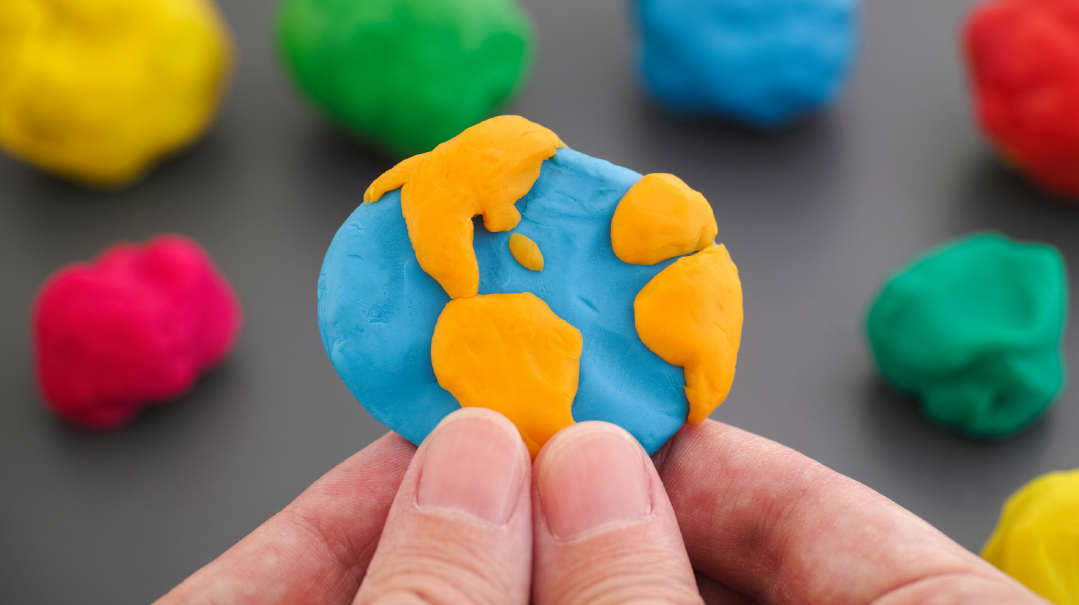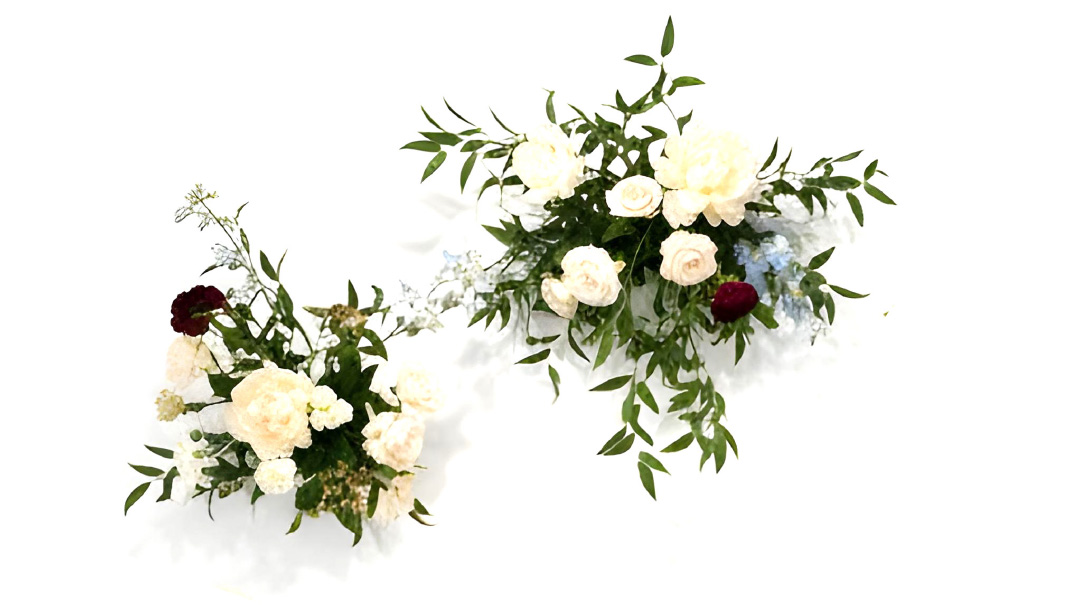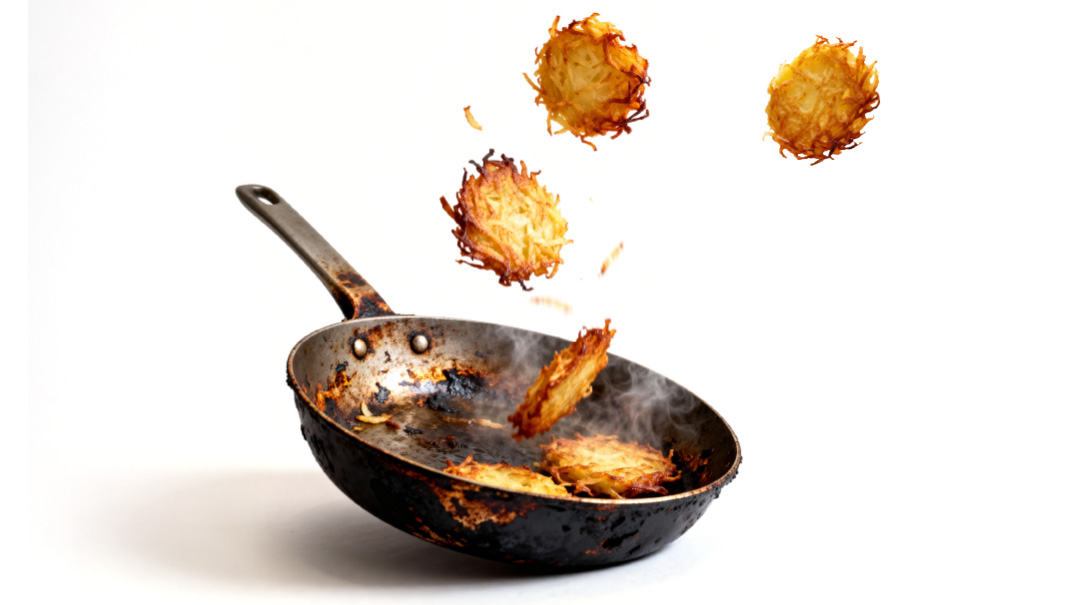The People Who Shape Us
| April 21, 2021Decades apart, these individuals unknowingly impacted the way I interact with the children in my life

There are people who touch our lives deeply, yet will never know that they’ve helped shape us into who we are today. Rita, my mother’s secretary, was one of them. She was my mother’s gatekeeper at work, and it was her agreement or refusal — “Sorry, hon, she’s not available right now” — that determined whether I’d speak to my mother.
She always asked how I was doing, and told me to remind her how old I was —“My, I can’t believe you’re already in second grade!” She seemed genuinely interested in the musings of an eight-year-old chatterbox.
When my mother brought me to work, we’d have to take two subways to get to Midtown Manhattan. My mother’s stock brokerage firm was on Broadway, amid the hustle and bustle of the city, with vendors hawking their knockoff imitations from China right in front of stores like Gucci and Prada.
Clad in a smart suit and a leather shoulder bag, with her coffee in hand from her favorite vendor and sensible heels on her feet, Mommy epitomized “grown-up-hood” to me. I didn’t think I’d ever grow up enough to be a grown-up.
We’d wish the guard a good morning and enter the classy building, trying to guess which of the six elevators would come first. Mommy would remind me to use my library voice, and up to the 22nd floor we’d go, ensconced in the glass elevator (with a few laser-like glances from Mommy when she thought I was talking too loudly).
The doors would open to my mother’s firm, and inevitably Rita would be there, her half-rim, tortoise-shell reading glasses perched on her nose, a gold chain around her neck. Her hair was always cut to a chic, layered bob, a copper red that seemed unnatural. (I only learned later that, indeed, hair colors can come from a box.)
“Oh, honey, would you take a look at you?” Just like every previous time before, I would have to do a 360˚ swivel, that — no surprise — would be met with an approving nod. And just as predictable came my pride; glee would be an understatement.
Rita was my buddy, my pal. When watching my mother work at her computer and talk on the phone grew boring, Rita was always there to break the monotony. I’d sit on the too-high swivel chair next to hers, swinging my legs, pretending to answer phone calls and greet the visitors. I’d run “errands,” bringing papers and pens to various parts of the office. I’d click-clack on the keyboard, mimicking Rita’s lightning-fast fingers, and scrunch up my nose to form a crease between my eyes as I stared at nothing on my computer screen.
Rita was also my cheerleader. The day I was old enough to help organize her filing cabinet, my belief in myself inflated to astronomical proportions. Would you take a look at me?
It was another time when visiting the office that I realized that Rita was also my savior. I was big enough to go to the bathroom by myself — it was all the way across the office, and entailed passing about one million cubicles. After washing my hands with soap and drying them, I attempted to open the door.
And it didn’t open.
Hard as I tried, pulling, yanking, tugging with all 55 pounds of me, the door wouldn’t budge. I banged, hard, against the cold metal, hoping someone would hear me.
Nothing.
I was at a total loss. So I did the obvious: I slid to the floor and cried.
And then Rita walked in.
“Oh, honey.” I could have predicted those words, but it brought on a fresh wave of tears. Rita, her perfume enveloping me as she opened her arms, smelled like love. She gave me a tight hug. No recriminations, no shame; just acceptance and understanding. “That door is mighty hard to open,” she remarked as an afterthought as we walked back to my mother’s desk, hand in hand.
It’s now years later. I have children the same age as I was that day trapped in my mother’s office bathroom. I don’t know where Rita is today. She left the firm long ago and my mother didn’t keep in touch with her. What I do know is that long ago, without any fanfare, Rita believed in me, ferociously, wholly. She touched the heart of a little girl.
Another person who will never know how they’ve shaped me is someone who died approximately two decades before I entered This World.
When boys’ names for girls were all the rage (think Sam for Samantha, Eli for Elisheva, Joey for Josephine), I often thought it would have been so cool if my parents had named me Henry, after my grandmother Henrietta. But my parents, in their wisdom, chose otherwise. What her name actually was isn’t clear (her kesubah says “Henna,” her matzeivah “Henya”). So Henny it became.
I felt a deep connection to this staid woman I knew only from a giant picture hanging over the couch in our living room: plump, a small smile playing on her lips, pearl earrings, hair swept up in a chignon. We would schmooze, she and I; I’d sit on the couch, telling her about my day.
When the heckling of my siblings and parents got the better of me, we switched to clandestine meetings, and I learned to whisper to her of my day, my struggles, my successes. Eventually these conversations diminished too, as I grew older and replaced her with living, breathing individuals who could respond.
But I’ve often thought about how she shaped me, as a nonjudgmental, listening ear.
The stories about her are few and far between, the background to a stronger, more attention-commanding husband. Theirs was a traditional marriage of the times; a hot dinner was waiting on the table for her husband after work, she kept house, nurtured her sons, did the sewing and mending. Beyond that, I know little else.
I do know she had two daughters before my father was born. One was a stillborn, the other was born ill and lived for just a few months.
What gave her the strength to keep going after those personal tragedies? Her face may have been soft, yet clearly she was made of steel.
When I was a child, I didn’t know of such things, and believed my father was the oldest. But perhaps I saw something in the glint in her eyes, knew she was someone who had undergone challenges and could empathize with a little girl’s struggles. For a lonely child who often felt misunderstood in the world, her camaraderie offered me hope and safety.
She listened. That was enough for me.
Decades apart, these individuals unknowingly impacted the way I interact with the children in my life. Both these women, in vastly different ways, taught me about parenting, about feelings, and expressing belief in a child.
When I give my seven-year-old son a knife to cut vegetables, I think of Rita. And when my four-year-old daughter cries about a classmate being mean to her, I listen, silent and empathetic, thinking of Grandma Henrietta.
And I hope that perhaps one day, in the not-too-distant future, my children will point to me as someone who has shaped them.
(Originally featured in Family First, Issue 739)
Oops! We could not locate your form.







